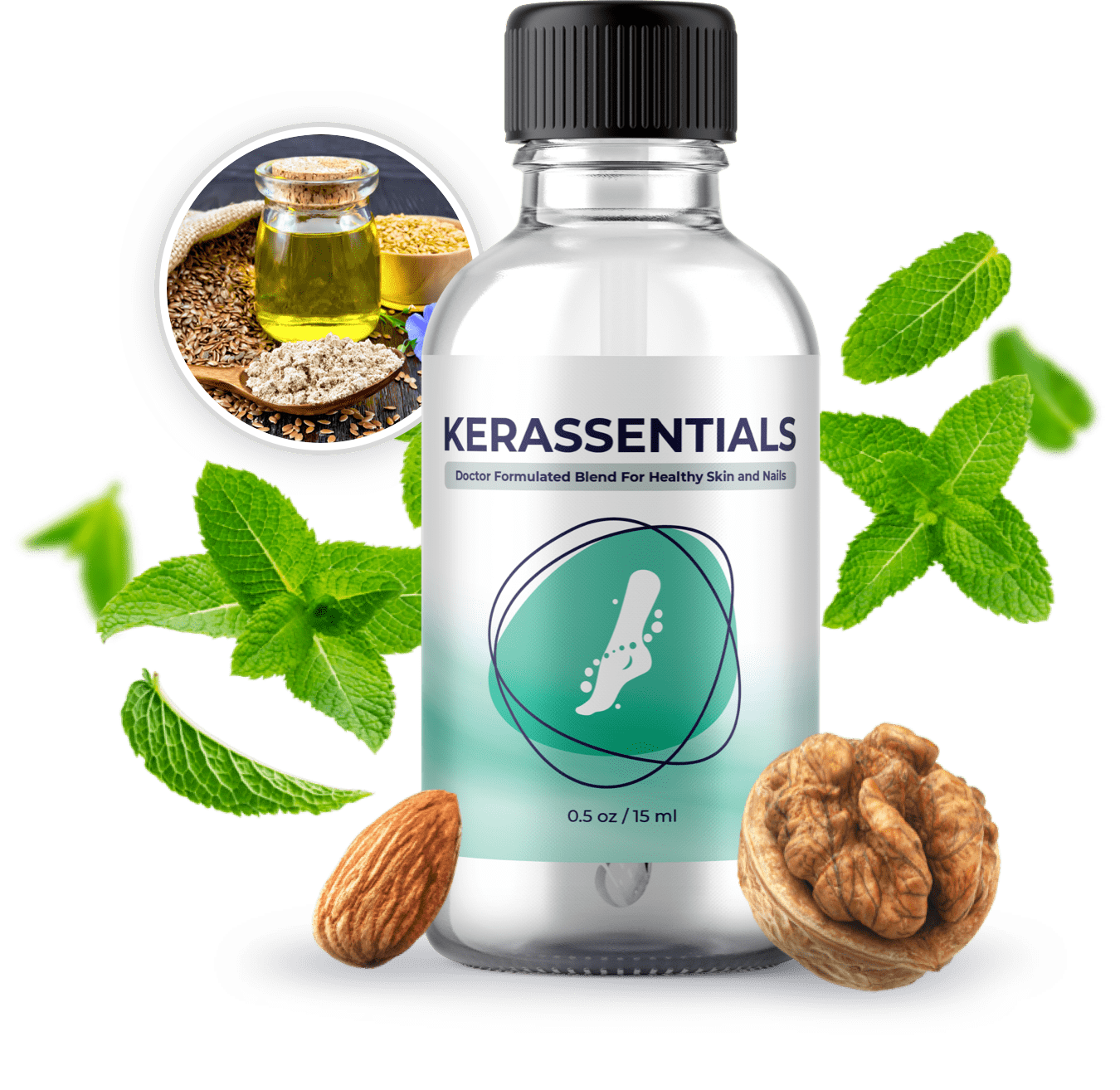Picture a brand-new building. It looks neat and pristine, thanks to the newly painted exterior and tidy landscaping. Now picture it 30 years later. The paint has been chipped from wear, and the front yard requires some TLC.
What you’re picturing is an illustration of the way your body’s collagen production changes as you age. At birth, collagen is the most abundant protein in your body, accounting for 30 percent of the proteins in your connective tissues. But after you turn 30, your body’s ability to naturally produce collagen starts to decline and can drop over one percent each year, according to Amy Shapiro, MS, RD, CDN. The collagen organization in your deep skin layer changes from a tight, neat structure (like that of the new house you pictured) to a more disorganized structure (like the older home).
“Low collagen could lead to visible aging effects, such as wrinkled skin,” Shapiro says. “Invisible effects include weakened muscles and less stable tendons and ligaments.”
“Low collagen could lead to visible aging effects, such as wrinkled skin. Invisible effects include weakened muscles and less stable tendons and ligaments.”
To help make up for your body’s declining ability to produce collagen, Shapiro recommends incorporating collagen peptides into your daily routine and maintaining a healthy lifestyle. Nourishing your body in other ways will ensure you’re maximizing the benefits of your collagen supplement.
But how do collagen peptides work? When consumed as a dietary supplement, collagen peptides combat the natural decline of collagen production by stimulating the activity of special cells throughout the body that are responsible for producing new collagen.
You’ll want to make sure you’re using a quality form of collagen, which is why Shapiro suggests (and uses!) Vital Proteins collagen peptides powders.
“I like that [Vital Proteins] sources high-quality, clean, recognizable ingredients,” she says. “I also like that I can choose and recommend protein from different sources based on dietary preferences, including collagen peptides sourced from grass-fed, pasture-raised cattle. Their products are contained in certified-safe packaging and I love how widely available they are—that is always important. ” Don’t worry, pescatarians or flexitarians: Vital Proteins also offers collagen sourced from wild-caught cod that will fit your diet.
Collagen supplementation is something that can benefit everybody—no matter who you are. That’s because, according to Shapiro, there are four areas of your health that daily use of collagen peptides may help to support: skin, hair, nail, bone, and joint health**^. Let’s break it down.
Shop Vital Proteins Collagen Peptides
1. Your skin
Collagen is truly the jack of all trades for your skin, as it helps to brighten complexion, strengthen, hydrate, and support elasticity of the skin. The natural loss of collagen as you age paired with environmental exposure (think sun damage, lack of sleep, and alcohol consumption) may lead to an increase in wrinkling, thinning, and drying of the skin, Shapiro says. “Collagen peptides help maintain the integrity of skin and may help stimulate the production of other proteins—elastin and fibrillin—which are also essential for healthy skin,” she says.
2. Your hair
When it comes to your hair, it’s time we go back to the basics—without the hair routines that have twice as many steps as your skin-care regimen. “Human hair is made up of the protein keratin that requires amino acids as building blocks,” Shapiro says. “Collagen peptides provide three types of amino acids—proline, glycine, and hydroxyproline. Proline is the major amino acid used in building keratin for hair growth.”
In addition to supporting growth, collagen is the good stuff that keeps your hair shiny and helps prevent hair thinning with aging, Shapiro says. Turns out, a serving of collagen a day may just be what your hair stylist ordered. Added bonus: Since your nails are made from keratin, too, collagen supplementation can also help support your nail growth.
3. Your bones
It’s no secret: As you get older, your bones become more brittle—and casts aren’t nearly as fun as they were during your playground days. Luckily, you’ve got options for supporting your bones. “Collagen peptides support bone health through improving bone mineral density, meaning stronger bones that are less likely to break or fracture,” Shapiro says. “They do so by retaining calcium and regulating bone growth and repair.”
4. Your joints
As you age, you might find that your joints don’t move the way they used to. As the cartilage around your joints decreases, you could experience decreased range of motion, lesser flexibility, inflammation, stiffness, and pain—and athletes may find themselves more injury prone due to joint, cartilage, tendon, and muscle loss.
“Collagen is the main structural and functional support for our tendons, ligaments, and cartilage, which are all important components that support and protect our jo
Recommended Story For You :
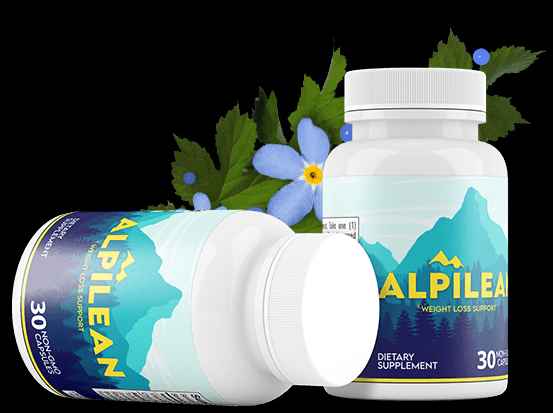
The alpine secret for healthy weight loss

The Most Potent Fast-Acting Formula For Incinerating Stubborn Fat

Real Cortexi Users Real Life‑Changing Results
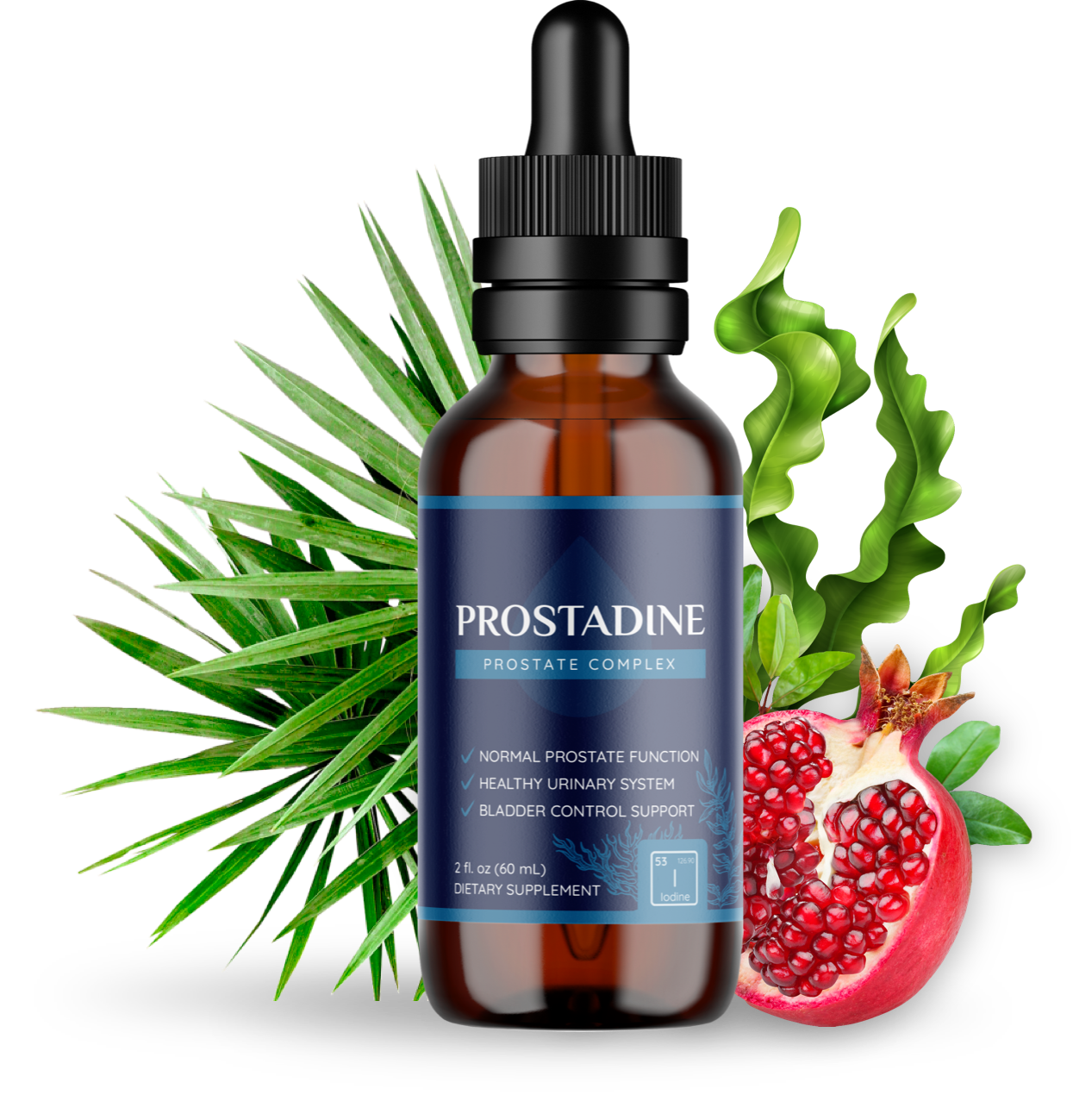
This Cold Drink Might Trigger Your Prostate
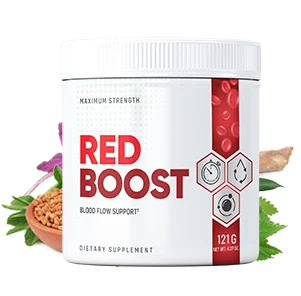
Red Boost is a powerful new formula for boosting male sexual health.
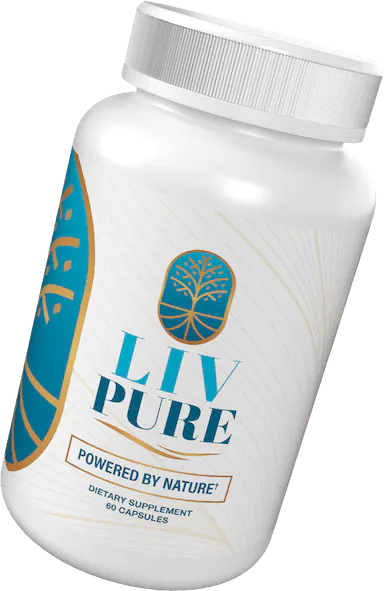
Everything you eat or drink eventually reaches your liver for processing.

Brand New Probiotics Specially Designed For The Health Of Your Teeth And Gums

Empowering You to Take Control of Your Blood Sugar Health!

Scientists Finally Discover the Root Cause of Belly Fat and Unexplained Weight Gain
